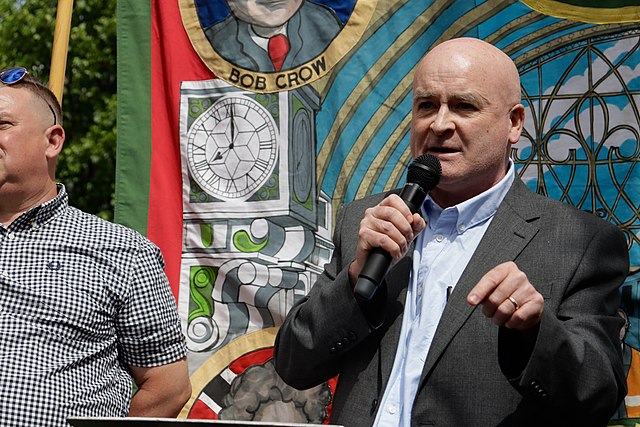Can anything be done to repair the UK’s broken rail system?
It’s no secret that in its current state, the UK’s rail system is broken at best and unusable at worst. Trains are often delayed or cancelled, or in the case of those that do run, overcrowded. Passengers often pay high train fairs just to be stuck on overcrowded trains or left to wait for the next train for hours on end.
Both Avanti and other operators’ trains have become noticeably overcrowded as people hop onto the few trains running
The government has attempted to solve this issue. In 2021, the then Transport Secretary, Grant Shapps, announced plans for a new body, Great British Railways (GBR), to reform the fragmented rail system. The organisation, which was to be introduced in early 2024, promised to simplify the purchasing of tickets, implement a ‘pay as you go system’, and simplify the compensation system for delayed trains, among other things. Since this announcement, the government has prioritised legislation to deal with the energy crisis instead. In October, then Transport Secretary Anne-Marie Trevelyan insisted the GBR would only have “a few months delay”. However, around the same time, David Brookes, board director at Rail Forum Midlands, said, “I’m not sure whether the whole GBR thing is going to go ahead at all.”
And while the UK’s rail system has been suffering for a while, things became significantly worse when Avanti West Coast (a train company that runs services connecting London, Birmingham, Manchester, and Glasgow) severely cut their timetables to make their services more reliable. Trains between London and Manchester were the worst affected, with trains being cut from seven an hour to four an hour. Since then, both Avanti and other operators’ trains have become noticeably overcrowded as people hop onto the few trains running.
The company also has a backlog of new drivers who could not complete the 12-18 months of training due to the pandemic
When asked about this, Steve Montgomery, the managing director of First Rail, the rail operator that runs Avanti, blamed “severe staff shortages”. Avanti relies on workers volunteering to work overtime to run its services, something which is common in parts of the rail industry. However, since August, the company claims train drivers stopped volunteering for overtime. Avanti has since been ordered it needs to “drastically improve services”. The company also has a backlog of new drivers who could not complete the 12-18 months of training due to the pandemic. Avanti have promised that its services will improve in December as drivers finish their training, and while this may not singlehandedly solve the UK’s rail crisis, an increase in the number of trains running these routes would lead to significantly more comfortable journeys as trains become less crowded and more frequent.
With uncertainty over funding, the lack of long-term rail projects, or poor working conditions for rail staff, there is also no guarantee the situation will improve
Another reason why the UK rail system is currently suffering is because of the working conditions for staff in the industry. Low pay, pay rises well below the inflation rate, bad working conditions, and poor pensions have meant workers have had to strike multiple times in the past few months. This has left the rail system borderline unusable these days, leaving people stranded across the country. However, there is hope. There were strikes planned for the beginning of November, but these were cancelled, with the general secretary of the National Union of Rail, Maritime and Transport Workers (RMT), Mike Lynch, saying: “The threat of strike action and our strongly supported industrial campaign has made [Network Rail and rail operators] see sense”. While these rail strikes were cancelled, strikes for the London Underground and Overground still went ahead, with the potential of more strikes occurring until next summer.
The UK’s rail system leaves a lot to be desired, and although more services may be added when new Avanti train drivers finish their training, there is currently no long-term solution for the broken system. With uncertainty over funding, the lack of long-term rail projects, or poor working conditions for rail staff, there is also no guarantee the situation will improve.

Comments